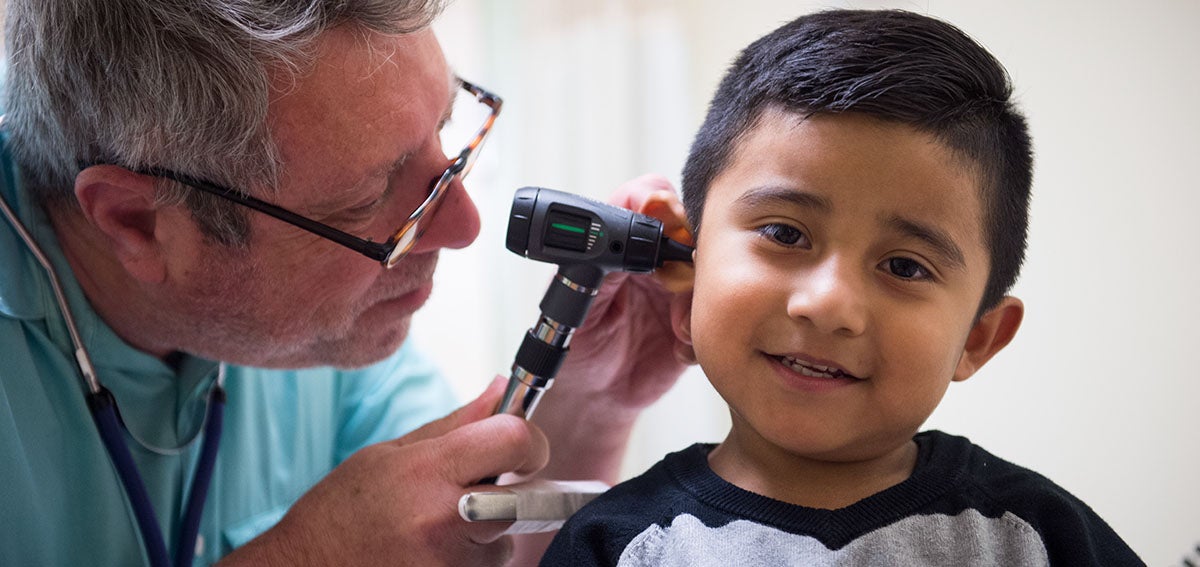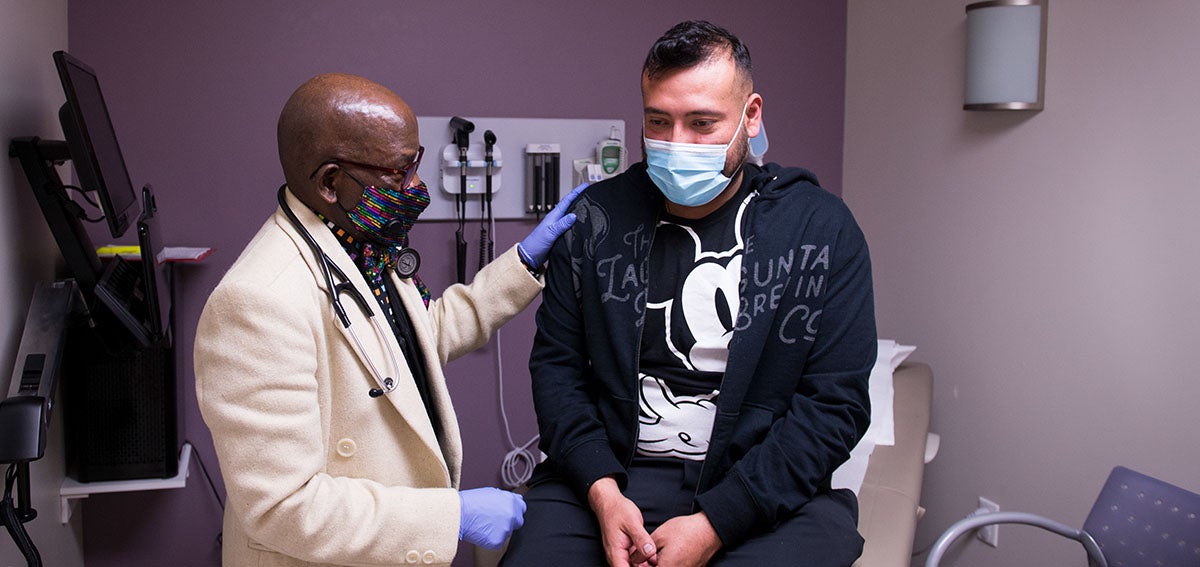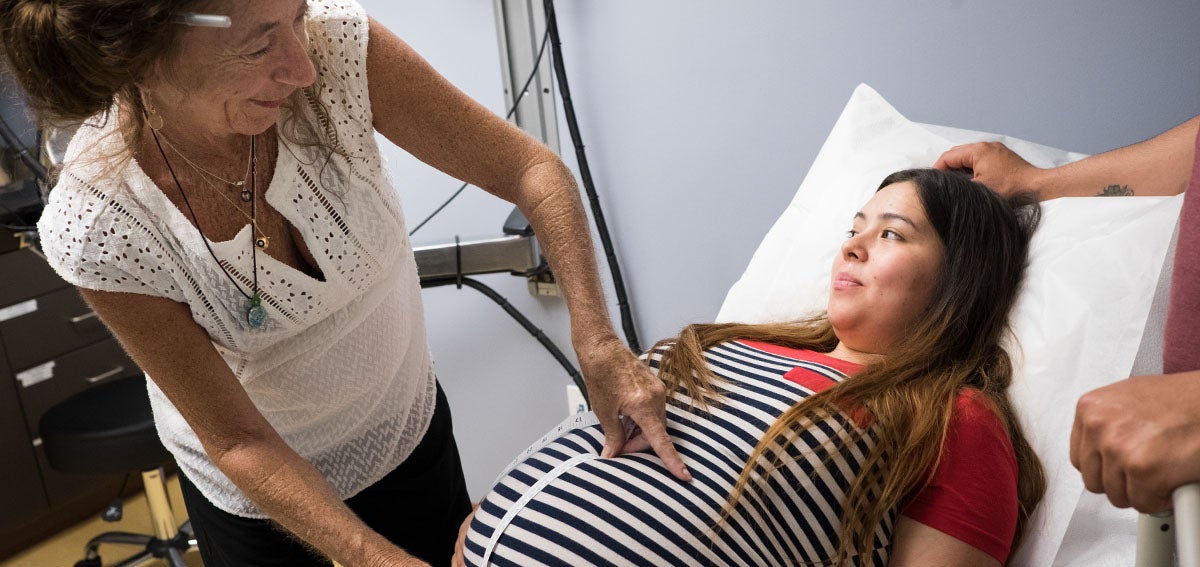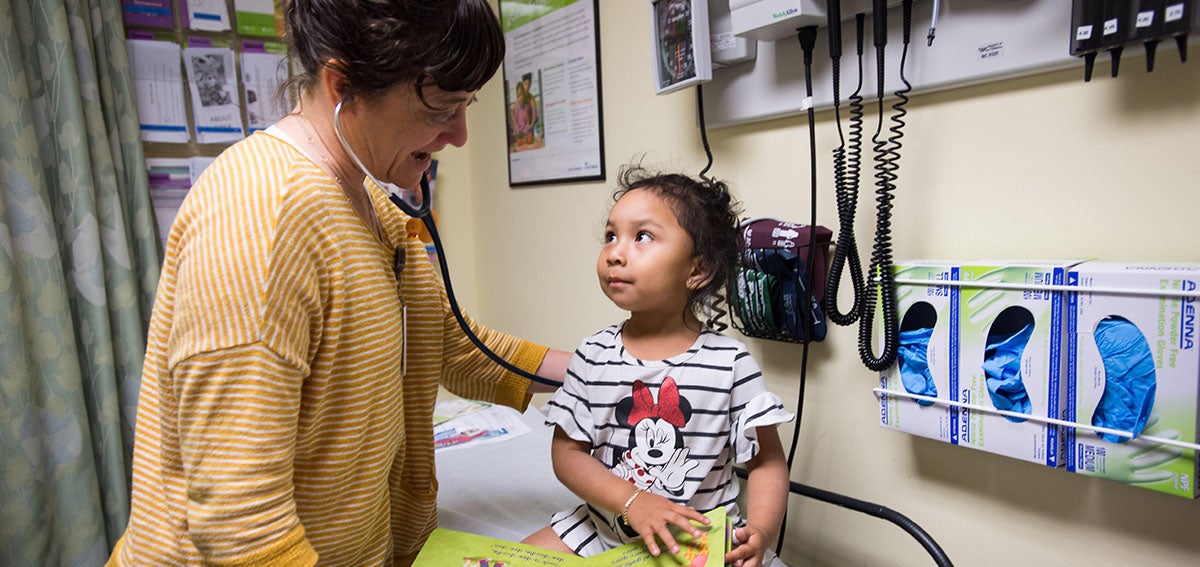View the Report
Jump to All Downloads & LinksPrimary care is the most fair, efficient, and accessible way for all people to enter the health care system — regardless of race, ethnicity, or income — and obtain the services they need. A large body of research shows primary care is essential to improving health equity. Yet it is frequently absent or not explicitly referenced in health equity policy discussions.
This report surveys the research linking primary care to improved health equity. With California working to strengthen primary care quality and increase systemwide investments in primary care infrastructure, the authors urge California to center its efforts around equity and to highlight opportunities for primary care influencers, providers and teams to take action.
Key Findings
- Access to primary care provides important health benefits: more complete immunization, improved dental health, earlier detection and treatment of conditions, and better management and reduced severity of chronic disease. These benefits are important for all people but especially for elderly and economically marginalized groups that experience the highest burdens from preventable illness, chronic disease, and negative outcomes associated with unmanaged, uncontrolled disease.
- Better access to primary care is associated with improved life expectancy and lower rates of premature mortality in both international comparisons and across regions within the United States.
- Systems, laws, and policies create unequal primary care access based on socioeconomic status, race/ethnicity, and geography.
- Communities with fewer primary care physicians per capita experience greater access challenges, fragmented care, and more costly and duplicative health care services.
- When facing a shortage of primary care providers, patients also experience a higher risk of medical errors and reduced trust with health care providers.
Recommendations
As California embraces the charge to revitalize and invest in primary care, the report authors call for “a paradigm shift in our thinking and actions” to ensure these efforts prioritize equity. The report includes 14 example recommendations to strengthen primary care and advance equity across five key areas: community engagement, workforce education and training, clinical practice transformation, payment and spending; and data measurement, collection, and reporting. Such as:
- Involve people with lived experiences of discrimination in primary care policymaking and governance bodies to identify impediments to health equity and generate solutions.
- Expand and scale pipeline programs to recruit, prepare, and mentor students from historically and systematically excluded communities and backgrounds for careers in primary care.
- Hire and mentor team members from the community, to better reflect the community’s racial and ethnic composition within the practice. Incorporate the lived experiences of staff into training for care delivery to encourage empathy and bring cultural context to interactions with patients.
For additional context, the authors provide selected examples of current policies in California that support each recommendation and identify options to advance progress. The authors recommend that California establish a primary care equity action forum to build new partnerships and provide ongoing statewide leadership and accountability for this important work.
This paper is part of a broader body of CHCF research on the importance of primary care in California. Learn more at CHCF’s Primary Care Matters Resource Center.
Webinar
On March 7, 2023, Mathematica held a national webinar on primary care and health equity. Below is the introduction by co-author Diane Rittenhouse, who provides a high-level overview of primary care and then summarizes the paper’s key findings and recommendations.
Additional Resources
- How Primary Care Investments Can Advance Equity, Milbank Memorial Fund Blog
- The Key To Improving Population Health And Reducing Disparities: Primary Care Investment, Health Affairs
About the Authors
Diane Rittenhouse, MD, MPH, is a senior fellow at Mathematica. Additional authors from Mathematica include Ann S. O’Malley, MD, MPH, senior fellow; and Deliya B. Wesley, PhD, MPH, senior director of health equity.
Established in 1968, Mathematica collaborates with public and private sector changemakers by working at the intersection of data, methods, policy, and practice to accomplish its mission: improving public well-being.
Rishi Manchanda, MD, MPH, is founder and CEO of HealthBegins, a national mission-driven consulting and training firm committed to driving radical transformation in health equity.
Alexandra Ament, MA, is an independent consultant.
Janice Genevro, PhD, MSW, is an independent consultant.





